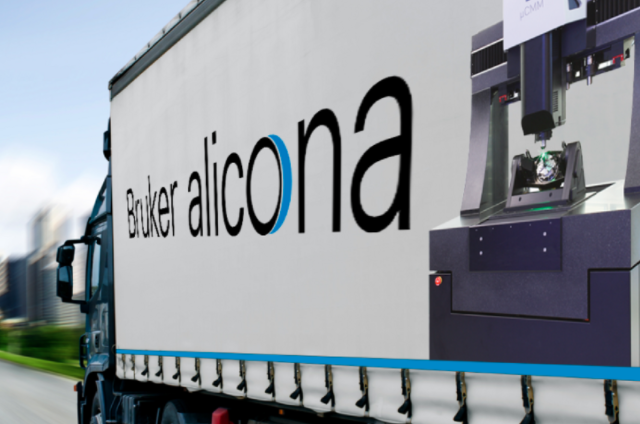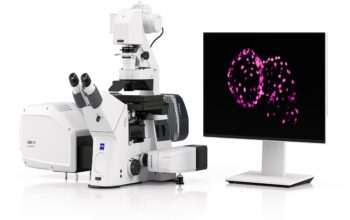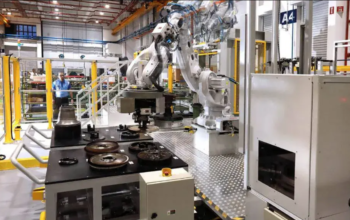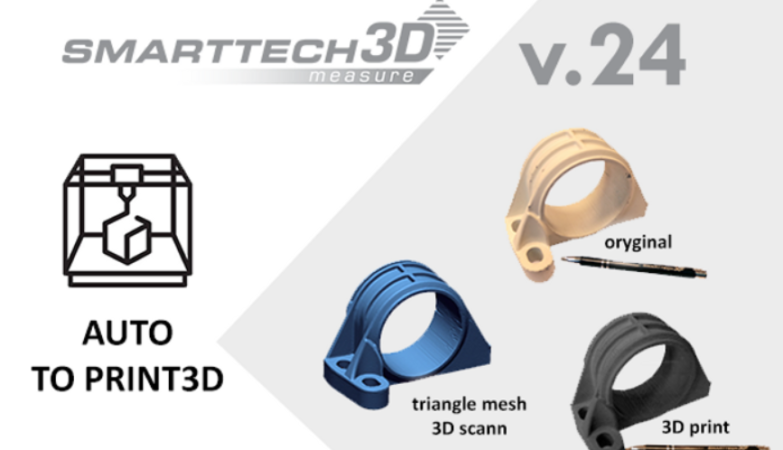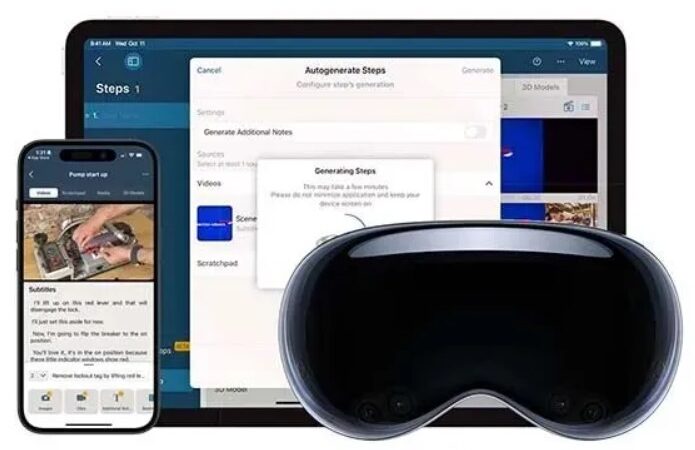The purpose of production measurement technology is to ensure component and process quality. The measuring instruments used for this purpose must fulfill a range of requirements to facilitate efficient production without rejects. If modern production facilities also aim for integrated production strategies according to Industry 4.0, they already lay the foundation for self-controlling production through their choice of measuring equipment.
Measuring instrument capability
The measuring instrument must be capable of completing the measurement task adequately. To make sure this is the case, it is necessary to verify the instrument’s measuring capability and accuracy. This is usually determined based on predefined Cg and Cgk values. Other important factors in the assessment of measurement quality include high repeatability of measurement results, traceability to national and international calibration standards, compliance with global ISO standards, and low measurement uncertainties.
Long-term stability
The long-term stability of a measuring instrument is crucial for ensuring high process reliability at all times. When a component is measured at different points in time over a longer period, results must be consistent, even when environmental conditions such as temperature, vibrations or illumination vary.
Usability
Since different machines are used in a production, the operator and/or measuring technician often has to operate several, different machines. Therefore, the simple, intuitive operability of the measuring system is indispensable for ongoing operation. Single-button solutions and automated measuring procedures ensure constant measurements without user influence.
Cost efficiency
Investing in a measuring instrument has to pay off. Quick ROI, low maintenance costs, and consumables- free operation make a measuring system costefficient. The device should also receive regular software updates and come with other services to ensure flexibility and quick adaptation to new or adjusted production requirements.
Speed
Measurement and setup times are directly related to each other. Short setup times demand high measurement speeds and repeatable, traceable measurement results. The faster a measurement result is available, the faster personnel can react and reconfigure machines. Therefore, measurement speed is a key factor in reducing downtime and ensuring fast response and process adjustment times, all of which contribute to economic, efficient production without rejects
Flexibility
Flexible production requires flexible measuring instruments. It is becoming more and more common to produce small lots of different components, resulting in a difficult task for production measurement technology: Different component shapes, types, and sizes, often made of various materials and composites, must be measured fast and reliably. Measurement technology must be able to adapt to production and the varying components, geometries, and materials. Ideally, a measuring instrument should cover all measuring tasks, regardless of component size and surface conditions. One important requirement for this is easy and quick access to the component details that need to be measured.
Future-proof technology
Modern production strategies are increasingly based on integrated production concepts. In Industry 4.0, production systems, machines, and measuring devices connect and communicate with each other to enable adaptive production planning and selfcontrolling production. In this production concept, also referred to as SmartManufacturing, measuring instruments are integrated directly into production and are able to intervene in it. Measuring sensors recognize faulty components and automatically feed this information into the production loop. Production then automatically adapts to the new information and corrects the error. To ensure long-term implementation of self-controlling production, the measuring devices employed must fulfill various requirements. Among these are fully automatic measurements, high-precision sensors suitable for production environments, and interfaces for easy connection and integration into existing production systems.
To know more, Check Bruker Alicona.


